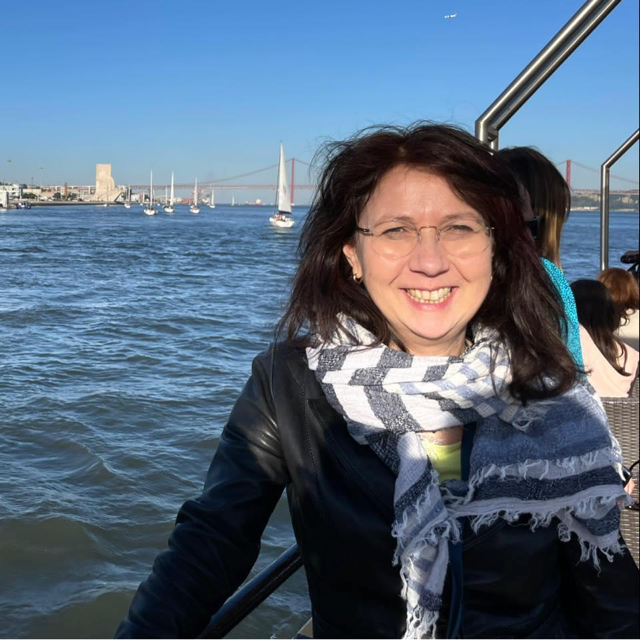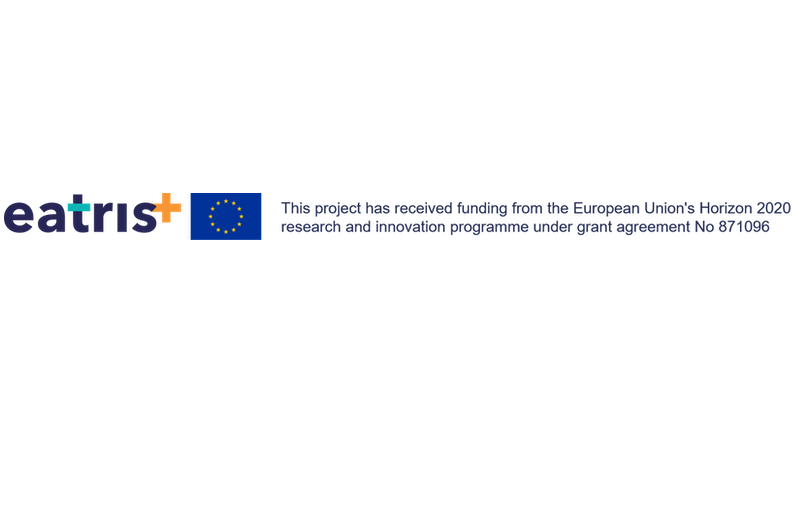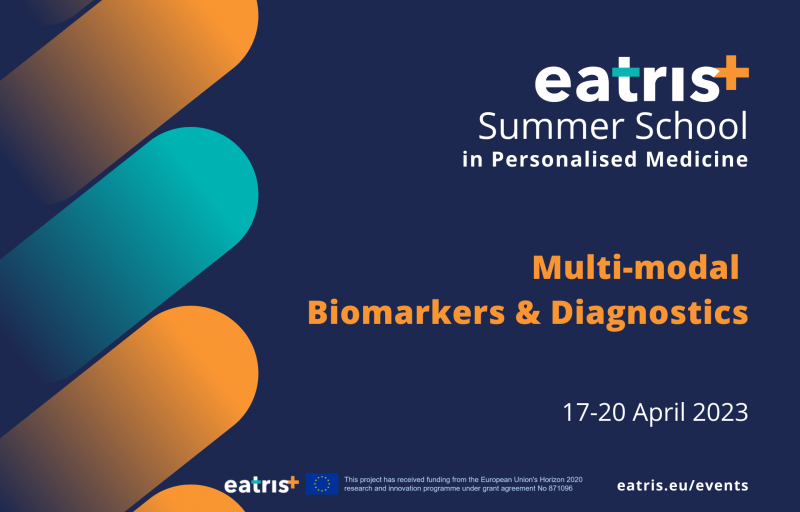
Patient Advocacy at EATRIS-Plus Summer School – A Win-win opportunity
As an organisation, EATRIS is highly committed to contributing to the mission of normalising patient engagement in research practices. Involving Patient Advocates in our training programmes is one way of doing so and therefore we invited Larissa Lannoy, a former Regulatory Affairs expert in Pharmaceutical Industry turned patient advocate, to attend the EATRIS-Plus Summer School in Personalised Medicine held 17-20 June in Lisbon, Portugal.
We interviewed Larissa about her experience there and the motivation behind her attendance. She said that she believes that it’s very important for the patient advocates to have scientific knowledge to be able to collaborate more efficiently with researchers. Furthermore, she commented that attending the Summer School was a great opportunity to interact with young researchers and to highlight the importance of patient involvement at the stage of study design.
Read the full interview with Larissa below.
What is your background in life sciences as well as patient engagement?
I have worked in the Pharmaceutical Industry within Regulatory Affairs for over 20 years. I have a Master’s in Bio-pharmaceutical Sciences and a PhD in Pharmacology.
When I started working as a patient representative I was trained in the Eurordis Summer School in Barcelona. My focus was on initiatives that are paving the road for novel treatments in rare diseases. For example I was the co-writer of a scientific article on an idea for combination treatment. I contributed to conferences and round tables and sat in on Advisory Committees. I also helped in the writing of a standard of care in the Netherlands for primary sclerosing cholangitis (PSC) and participated in the multistakeholder meeting at the European Medicines Agency (EMA) discussing the reflection paper on PSC. In general most of my work is Science or Development related.
Why was participating in the EATRIS-Plus Summer School attractive to you?
It was great to get the opportunity to join the EATRIS-Plus Summer School to get the latest state of knowledge on the development of biomarkers and other measures that help the development of Personalised or Precision Medicines. My interest is in Rare Diseases and this knowledge is of such great importance. As a patient advocate, it is so important to have this scientific knowledge to be able to contribute and be a meaningful partner within R&D. Patient advocates need to be able to express the needs of patients and make sure those needs are reflected in product development. And on the other hand, for translational researchers, it is of vital importance to understand the needs of the patient when developing their ideas.
What was the most useful/ interesting/ memorable aspect of summer school for you?
The most important aspect for me was to be able to stress the importance of patient involvement at the stage of study design, and to highlight the value of insight into patient preferences before starting a study. It was great to be able to bring this up in the discussions during the plenary sessions and smaller breakouts. It was very inspiring to be able to discuss this with young researchers and hopefully contribute to a shift in their approach towards their research, to really make it meaningful.
How will you use the gained knowledge and connections from Summer School in your future work?
The Summer School helped me understand all the aspects of biomarker development and personalised medicine. In the field of rare diseases, it is very important to have this understanding to be able to contribute to discussions meaningfully. This summer school gave me a state-of-the-art overview and a great opportunity to interact with the speakers and the audience. And of course, the connections I made are very important for me to broaden my network.
If you have one recommendation to researchers on how to meaningfully engage with patients, what would it be?
First of all, it is important to highlight that translational researchers (and any other researchers) could consult the Patient Engagement Resource Centre (PERC). The PERC will help academic researchers to engage patients in their research in a meaningful way. It provides guidance, training and practical tools that support researchers with every stage of their patient engagement activity. I contributed to this centre with a duo video interview with Prof. Stan van de Graaff. One of the things we mention in that video is that researchers could reach out to patient organisations to involve them in brainstorming sessions to gain insight. We also discussed how we worked together on a scientific article on how to include patient perspectives. In addition to these examples, the PERC offers a lot of ways and mechanisms to engage with patients and patient organisations. Really good to check out this resource.
Any other thoughts or comments?
I think involving patient representatives as a participant in these summer schools is a win-win opportunity. I am very grateful for the fact that I could participate and interact with these young researchers.
We thank Larissa for all her hard work in patient advocacy, for contributing to the Patient Engagement Resource Centre (PERC) and of course, for enriching the Summer School with her attendance!




















